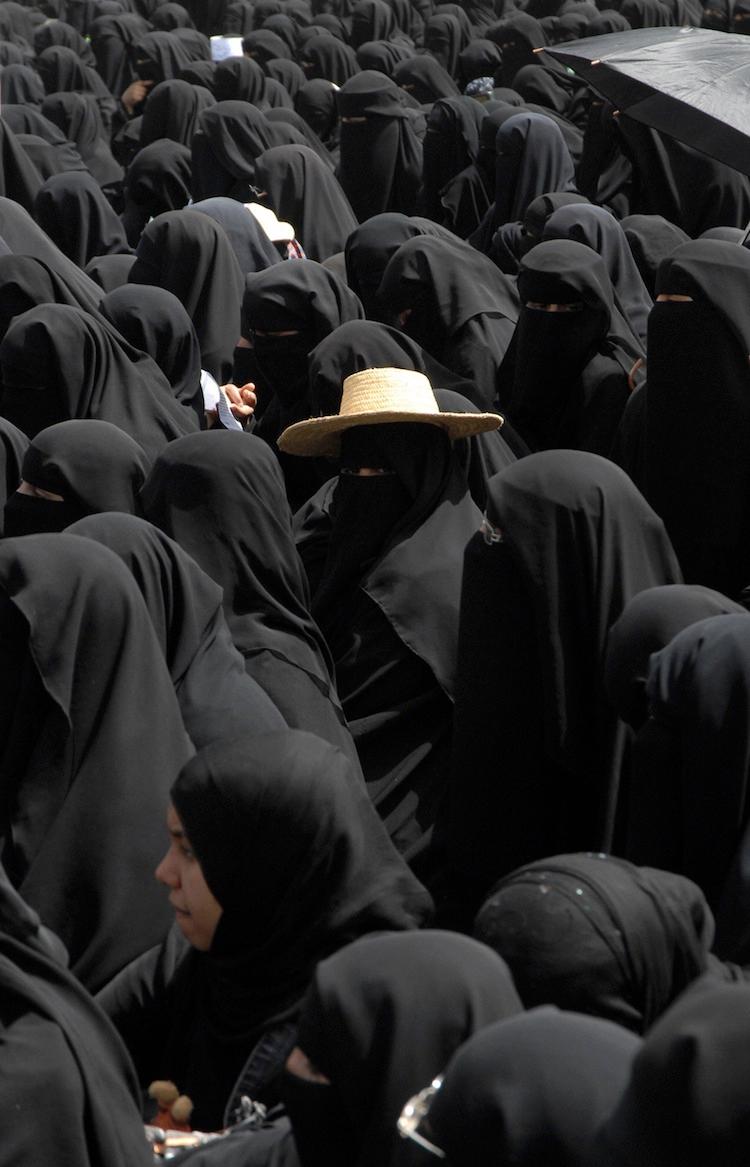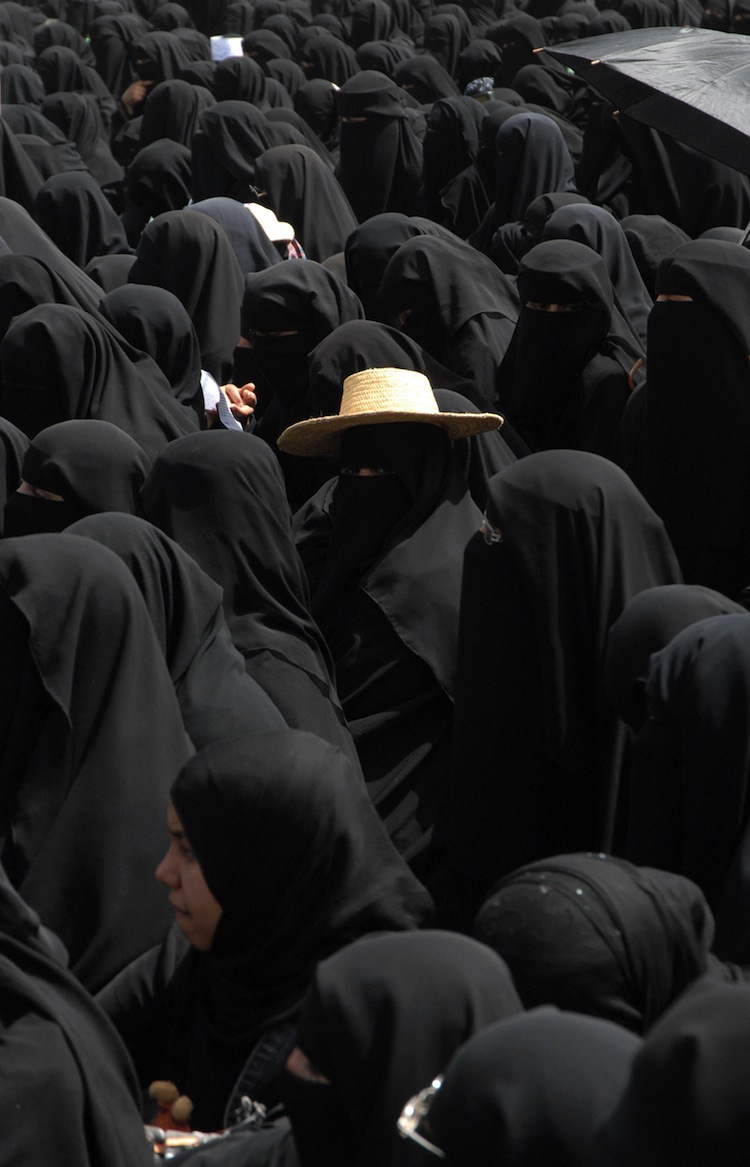There has been a rise in the number of husbands killed by their wives in Yemen, the country’s Interior Ministry recently announced.
The ministry said that around 50 Yemeni women were arrested in 2012 for purposely killing their husbands—often with the help of male relatives, according to Saudi Arabia-owned broadcaster Al-Arabiya, which cited the ministry in a report Tuesday.
The women were between the ages of 25 and 50, with domestic violence and inequality among the reasons that caused the killings.
Mujib Abdul Bari, a doctor who specializes in psychiatric disorders, told the broadcaster that the ministry’s statistics could help push forward public service campaigns against domestic violence and help empower women in Yemen—the poorest country in the Middle East, which has been racked by internal strife and Arab Spring-inspired protests since early 2011.
“In case women have taken a wrong decision in marriage, they should resort to legal solutions, such as divorce or going back to their families [who can] help them on a psychological level,” he told Al-Arabiya.
A public campaign, he said, could help women “learn not to accept humiliation and be able to make their own decisions.”
Bari noted that daily abuse could spur women to “resort to killing their spouse” out of desperation. In a prominent example, a 40-year-old woman in August 2012 killed her husband and two sons following a dispute, he said.
The World Economic Forum’s Global Gender Gap ranked Yemen dead last in terms of gender equality, but it noted that it has made progress in the past six years.
Amnesty International in September said that with the recent protests and sacking of longtime President Ali Abdullah Saleh, “new challenges facing women activists combating discrimination and violence have arisen.”
According to a recent report by the Yemen Times, 90 percent of Yemeni women have reported being exposed to some form of sexual harassment in one way or another, mostly on the streets, again underscoring gender inequality issues in Yemen.
“They have no concern but pursuing women. If I am harassed, I remain silent. I want to go to the police station or shout, but experience has taught me that this doesn’t help,” Hind, a 24-year-old Yemeni woman, told the Times, speaking on her experience of harassment at her company.
The publication also interviewed university student Safa Al-Samadi, who said her professor failed her because she rejected his advances.
“We cannot file a complaint against professors teasing us because we fear of being failed in exams,” Samadi said.
The Epoch Times publishes in 35 countries and in 20 languages. Subscribe to our e-newsletter.





